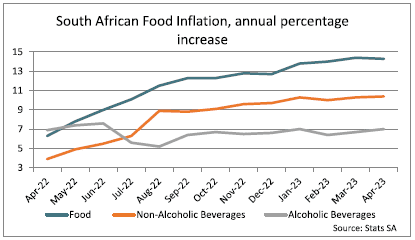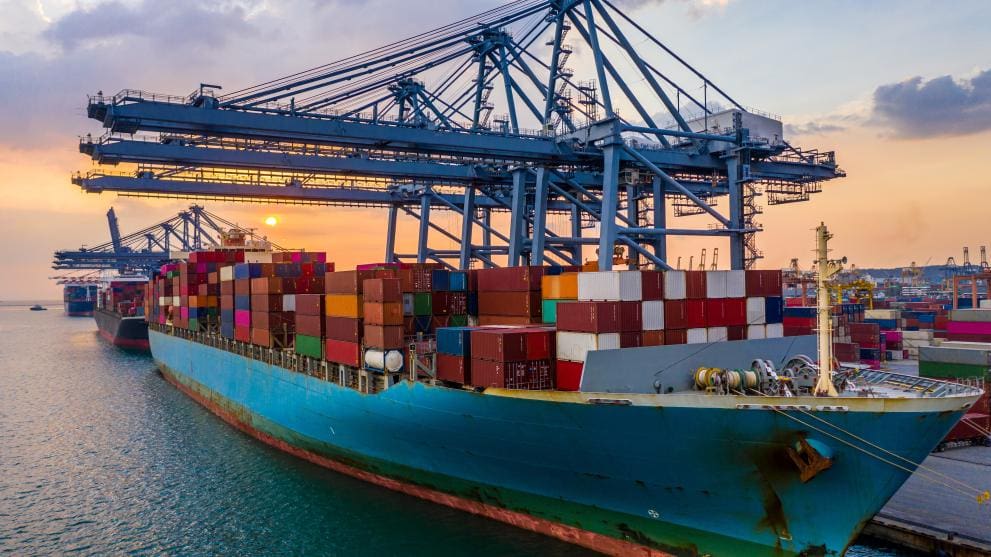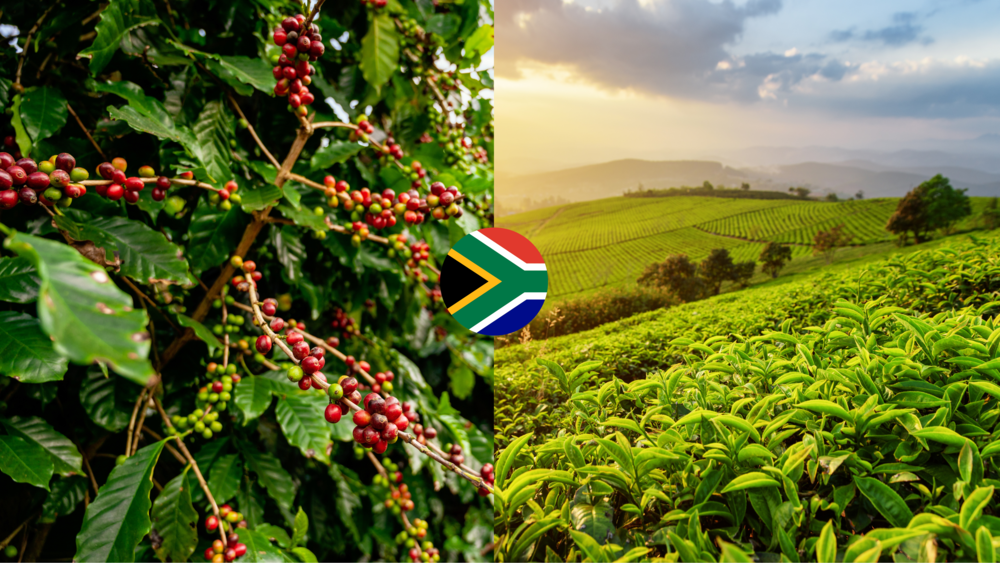The Impact of Load shedding on Agriculture in South Africa
Food security is one of the strategic inputs and essential elements of policy development and on the first level on Maslow’s hierarchy of needs. Agribusiness is big business for governments and economies despite agriculture and agro-industrial sectors not being the biggest contributors to GDP in many countries. The South African government’s multiple masterplans to support and revive this sector confirm this.
South Africa has a well-developed agricultural sector and is a net exporter of various agricultural products. For this sector to continue providing food, several processes have to take place, and energy is one of the most essential inputs. Load shedding is therefore a major threat to food security in South Africa.
How severe is the load shedding crises for food security?
The estimated proportion of energy input costs is between 20% and 40% of total production costs. Such a large proportion of a single input becomes a major consideration in developing cost-effective and efficient production processes.

South Africa has been plagued by a shortage of electricity, translating into frequent and innumerable load-shedding sessions. The magnitude of the implications of these circumstances on the cost and efficiency of production across all sectors of the economy including agro-processing industries cannot be underestimated.
It leads to wastage and increased production costs resulting in higher food prices and loss of competitiveness. The graph here illustrates how the cost and pricing of agricultural products have continued to increase during high levels of load-shedding.
Load Shedding’s Impact on Agriculture and the Struggling South African Economy
The effects on the South African economy are twofold. Firstly, the many years of neglecting the supply of electricity generation to meet economic growth demand has led to a situation where it is almost impossible to resolve the crisis in a short time. Electricity generation infrastructure is old and requires high maintenance or needs to be replaced, for which the government currently has no funding.
Secondly, renewable energy via wind and solar is mostly produced in the Northern Cape, not in Cape Town or Gauteng where electricity demand is concentrated. Transmission to these places needs significant augmentation of grid capacity. This amounts to another huge infrastructure investment requirement by a government lacking the funds to do so.
The stark reality is that agriculture and agro-industrial businesses, as other sectors in the economy, have to invest more heavily in their own energy generation than ever before in order to survive, with leaving the country facing extended periods of low growth and frequent power cuts.
Contact us to access WOW's quality research on African industries and business
Contact UsRelated Articles
BlogCountries Electricity gas steam and air conditioning supplySouth Africa
South Africa’s Maritime Sector: Growth, Green Tech & Global Competition
Contents [hide] There is no doubt that the maritime transport sector is an important keg in the South African economic wheel. According to the Who Owns Whom report on maritime...
BlogCountries Agriculture forestry and fishingSouth Africa
South Africa’s Tea & Coffee Market 2025: Price Shocks, Café Boom & Export Wins
Contents [hide] Anyone who remembers the competition between Betamax and VHS will know that VHS won the day, not because it had better technology. The same phenomenon is evident in...
BlogCountries Electricity gas steam and air conditioning supplySouth Africa
The Energy Sector in Namibia: Projects, Investment & the Drive for 80 % Local Supply
Contents [hide] Namibia’s move towards reducing energy import dependency Who Owns Whom’s report on the energy sector in Namibia highlights the country’s forward-looking economic development policy addressing its dependency on...





